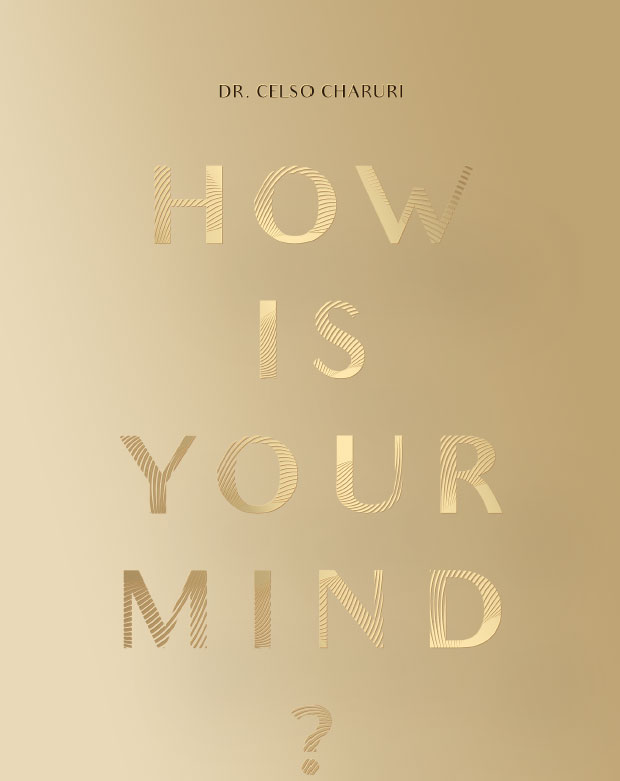

February 26, 1981
February 26, 1981
In a lecture to young people
We have been observing a behavior that comes from a lack of comprehension, a lack of understanding, or from the partial understanding of what we have been stating here. The questions, or partial knowledge, derive from the fact that each one retains only what interests them.
Let’s imagine that the TV is on, and an engineer, a doctor, a housewife and a philosopher, someone who likes philosophy, are watching a show. So let’s see these people’s behavior.
It’s a lecture. When the lecturer is talking about the medical aspect, the doctor will open his ears to it. When they talk about cooking, the doctor won’t retain that knowledge, because they don’t feel the need, since that is outside the limits of their action. But the housewife will pay attention! And the engineer, to their part. And the philosopher, or someone who likes the subject, will consider the mind aspect, and so on. Each one will consider, will stop at their point of interest, their need. However, a set was transmitted.
If everyone acted not only according to their own needs, but to the needs of others as well, if they acted with the comprehension that from each one of their acts will result harmony or disharmony to others, then the lecture would be heard in its whole, and they would behave accordingly: there would be harmony.
However, when one hears, knowledge is always partial; partial according to people’s needs.
(…) No one can be harmonic if they haven’t analyzed the pieces of knowledge, and particularly the knowledge inside them. Therefore, without an inner analysis, no one can build anything better.
Condition is required, and condition is acquired through analysis. Otherwise, everything remains the same – hence, partial knowledge.
Therefore, when stopping at a piece of knowledge, pay attention according to everyone’s needs, because that is integration. Then Respect arises.







